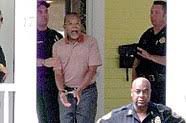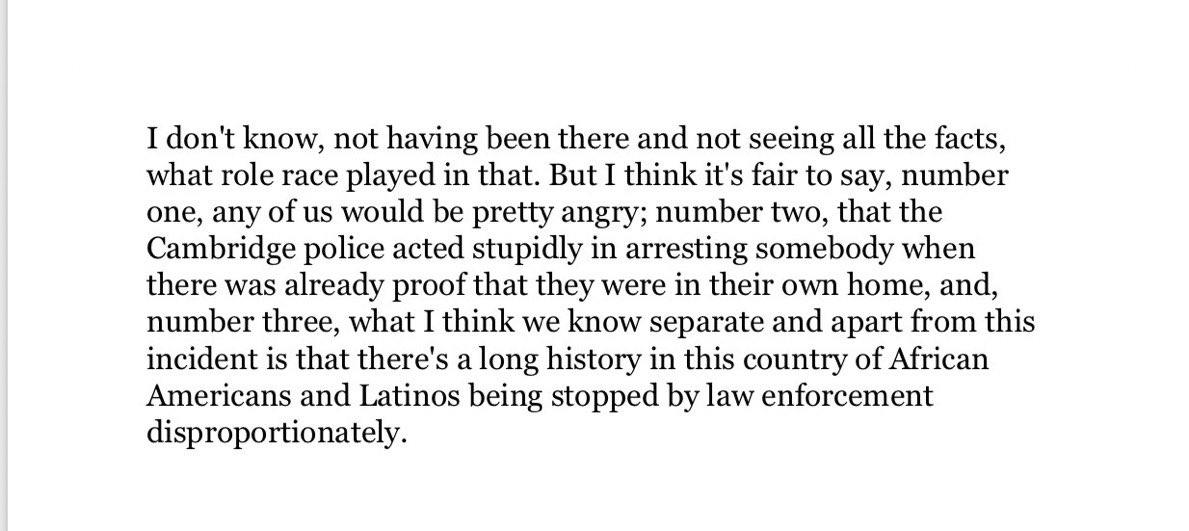
1/15 You'll hear a lot of talk today about how what happened yesterday is extraordinary and antithetical to our history. It's important to reject that idea, not out of cynicism or pessimism but because that pretense of innocence is dangerous. Let's talk about U.S. Cruikshank.
2/15 Cruikshank is a case virtually every single con law casebook discusses though most con law professors don't necessarily spend a great deal of time talking about but it's instructive about how we frame yesterday's events.
3/15 In Cruikshank, decided in 1875, SCOTUS considered whether, under the Enforcement Act of 1870, the federal government had the power to prosecute members of a white mob that killed between 80 to 150 Black people. The case was essentially about a mass lynching.
4/x The Court concluded Congress lacked the power to authorize such prosecutions because the massacre involved criminal matters constitutionally left to the states. In short, the court said the massacre was a series of murders and it was up to the states to prosecute such crimes
5/15 The thing is if you read the opinion, you'll get a vague sense that a mob was charged with violence but you'll never get that it was about the 1873 Colfax Massacre - the single deadliest instance of violence during Reconstruction and one that occurred because of an election
6/15 In Louisiana’s 1872 gubernatorial election, two candidates declared victory: William Pitt Kellogg, a Republican and supporter of Reconstruction and John McEnery, a Democrat and former Confederate commander.
7/15 While the disputed election made its way through the federal courts, each camp attempted to appoint local officials. In the parish that included Colfax, Louisiana, both sides made judicial appointments.
8/15 Colfax was a closely divided electorate: Its 4,600 voters in the 1872 election were split between approximately 2,400 hundred mostly black Republican voters and 2,200 white Democratic voters. Freedmen gathered in the parish courthouse to to protect the Republican appointees
9/15 In what came to be known as the Colfax Massacre, three hundred white men, most mounted on horseback and armed with rifles, set fire to the courthouse, and killed more more than a hundred freedmen as they tried to surrender.
10/15 After the state failed to prosecute the murderers, the US indicted several several of them under the Force Act charging that they had conspired to deprive the murdered freedmen of their civil rights.
11/15 The case made its way to SCOTUS as U.S. v. Cruickshank, in which the court held that Congress exceeded its powers when it authorized federal enforcement of what the Court regarded as state-granted rights. It therefore dismissed all of the federal changes.
12/15 Cruikshank can be read to stand for many things, including, that it was the beginning of the end of Reconstruction and that it absolved the federal government of any responsibility of protecting Black people from domestic terrorism.
13/15 But above all, Cruikshank belies the idea that our transition of power has always been a peaceful one. During Reconstruction, all over the South, violence was used over and over again to prevent the peaceful transition of power to multi-racial coalition governments.
14/15 I get that it makes sense from some political leaders to tell the ideal story of peaceful transition of power: stories, even when not altogether true, can serve a valuable purpose in holding people together. But, it's important not to confuse the story for innocence.
15/15 There's a history in the US of using violence to keep power. A significant portion of that history occurred all over the country between 1867 & 1877 and involved resistance to multi-racial government. Viewed through that lens, perhaps, just perhaps, yesterday was not unique
PS. One last point: in case anyone is tempted to think that 1875 is ancient history, look up the history of the US House of Representatives. Count how many Black members there were in 1877; then jump ahead and count how many members there were in, say, 1957.
• • •
Missing some Tweet in this thread? You can try to
force a refresh





